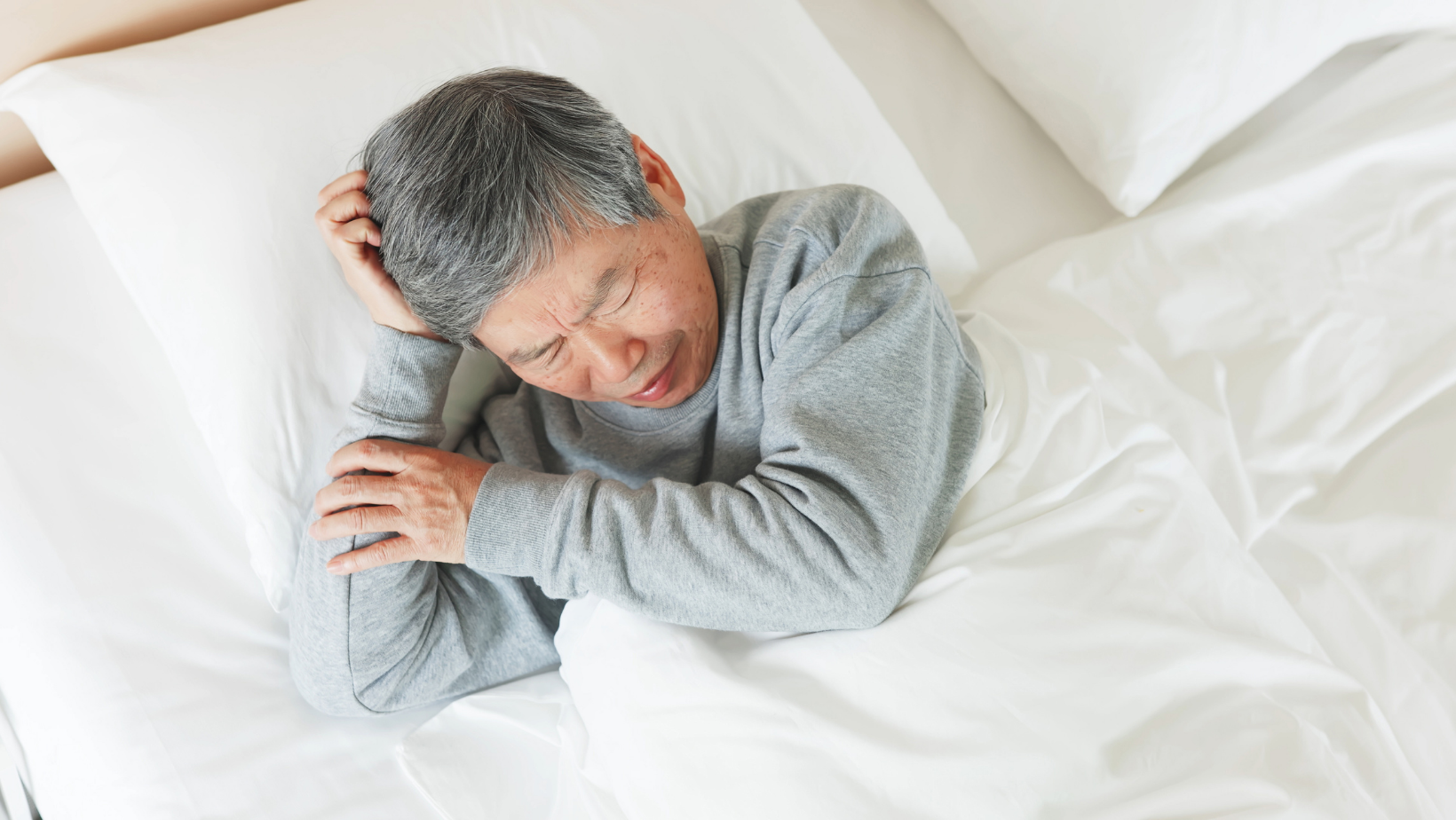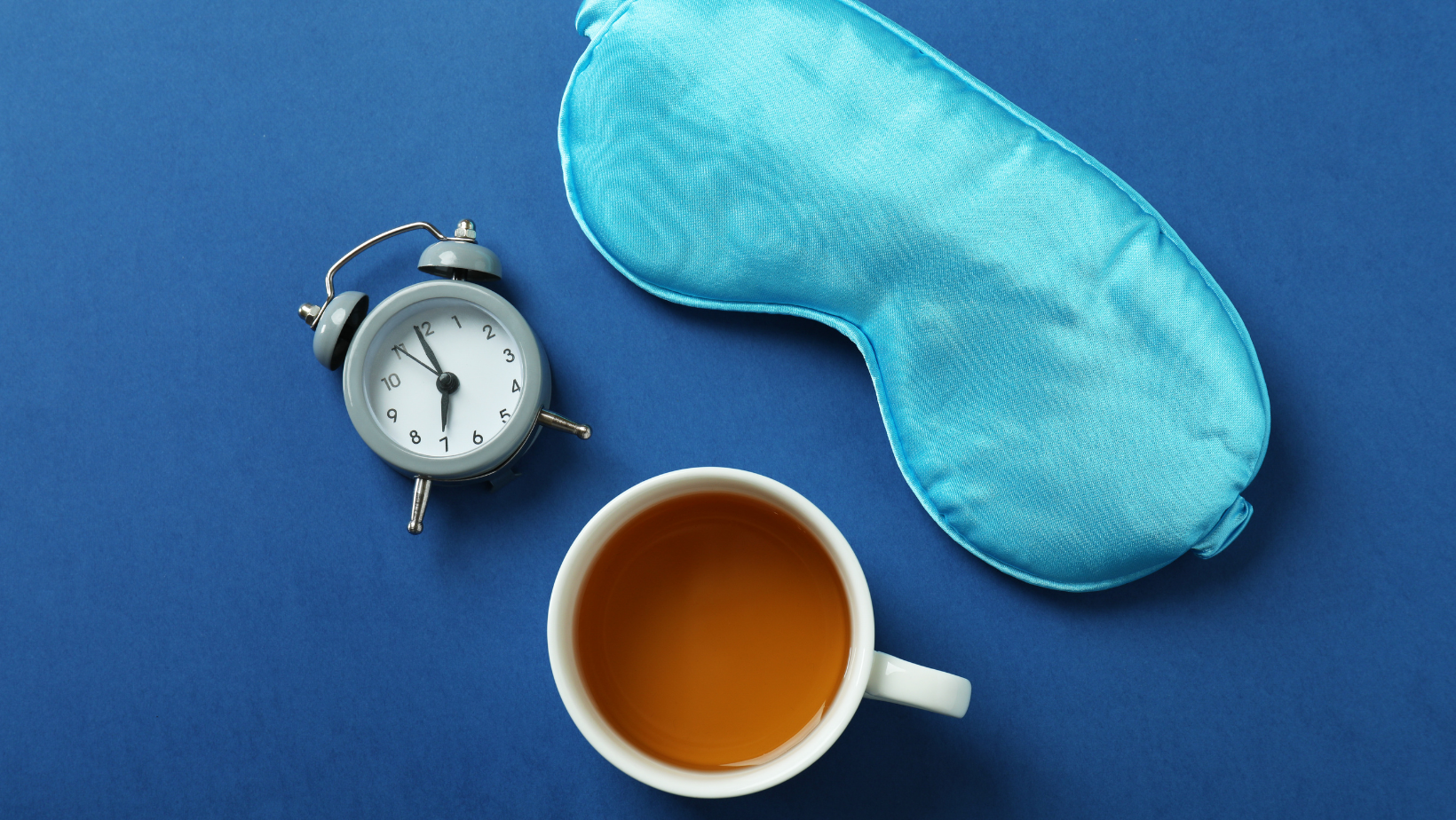Sleeping Tips for Older Adults during COVID-19
Alice’s Story: After another day at home, Alice gets into bed and closes her eyes, waiting for sleep to come. Even though she feels tired, her mind is racing with worries about her friends, family, her house, and her own health. She knows that when she eventually drifts off it will be a restless sleep and she’ll feel groggy in the morning. “I just wish I could have a good sleep,” she thinks to herself.
If, like Alice, you’ve had trouble drifting off to dreamland more than usual during the pandemic, you are not alone. An increasing number of us have been experiencing poorer sleep quality in what has been dubbed “coronasomnia.” Here we break down the how and why to poor sleep – and the steps you can take to improve your sleep quality even during COVID-19.

Just like younger adults, older adults need about 7-9 hours of sleep per night. But a good night’s sleep can be harder to come by as we age due to biological and hormonal changes, as well as medical conditions (e.g. chronic pain, anxiety and depression, sleep apnea, dementia or Alzhiemer’s Disease).
Older adults may experience poorer sleep due to:
- Less time spent in deep sleep, and sleeping more lightly
- Feeling sleepy earlier in the day and/or finding it harder to get off to sleep
- Waking up earlier or waking more frequently throughout the night
Heightened stress leads to poorer sleep, and poorer sleep impacts our emotional health and capacity to cope with stress – so it’s no wonder that the percentage of those sleeping poorly has almost doubled from 25% to 46% since the start of the COVID-19 pandemic, according to a study by the Turner Institute for Brain and Mental Health at Monash University.
Poor sleep or sleep deprivation can impact the body and mind in many ways, such as:
- Difficulty concentrating or thinking clearly
- More easily upset or irritated
- Weakened immunity
- Negative impacts on heart health, including high blood pressure
- Tired or fatigued during the day
- Blood pressure

- Establish a good bedtime routine:
- Go to bed and wake up at the same time every day
- Set aside dedicated “wind-down” time before bed – where you read a book, stretch, listen to music, have a bath or shower. Avoid using screens during this time (e.g. phones, iPads, TVs)
- Avoid caffeine or large meals close to bedtime – they can keep you awake
- Limit exposure to COVID-19 reports close to bedtime if you find them stressful
- If you nap during the day, the Sleep Foundation recommends to keep it short and avoid napping later in the day
- Exercise a little every day
- Australian guidelines recommend at least 30 minutes of moderate intensity physical activity on most days for those over 65 years
- Mix it up: go for walks in your neighbourhood, stretch in the background, or try out a new online exercise class
- Aim to exercise in the morning or early afternoon (or at least 90 minutes before going to bed)
- Look after your emotional wellbeing
- Regularly video call or phone family and friends to stay connected
- Stay in contact with your GP and medical team
- Set up hobbies while at home – such as doing a puzzle, gardening, cleaning, or learning something new
- When the news becomes overwhelming – try to find some positive stories. Check out places like the Good News Network, Positive News or SomeGoodNews.
This article is for informational purposes only. Consult your local medical authority for advice.
Helpful Links and Resources:
For media and spokesperson enquiries, or questions and suggestions for healthy living content, please email media@share.org.au
